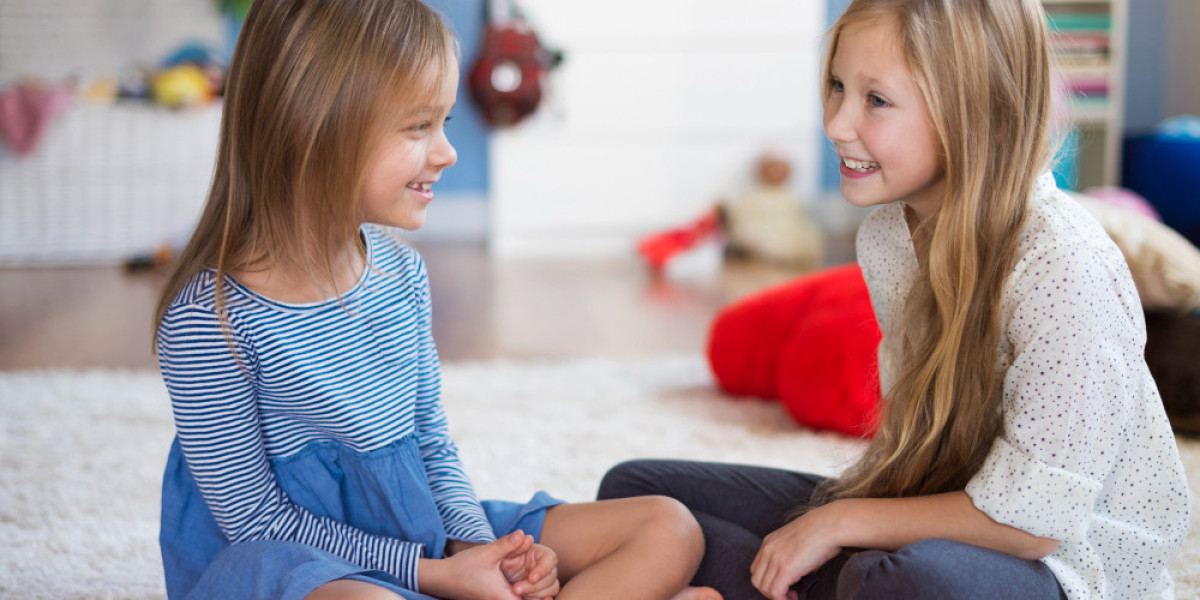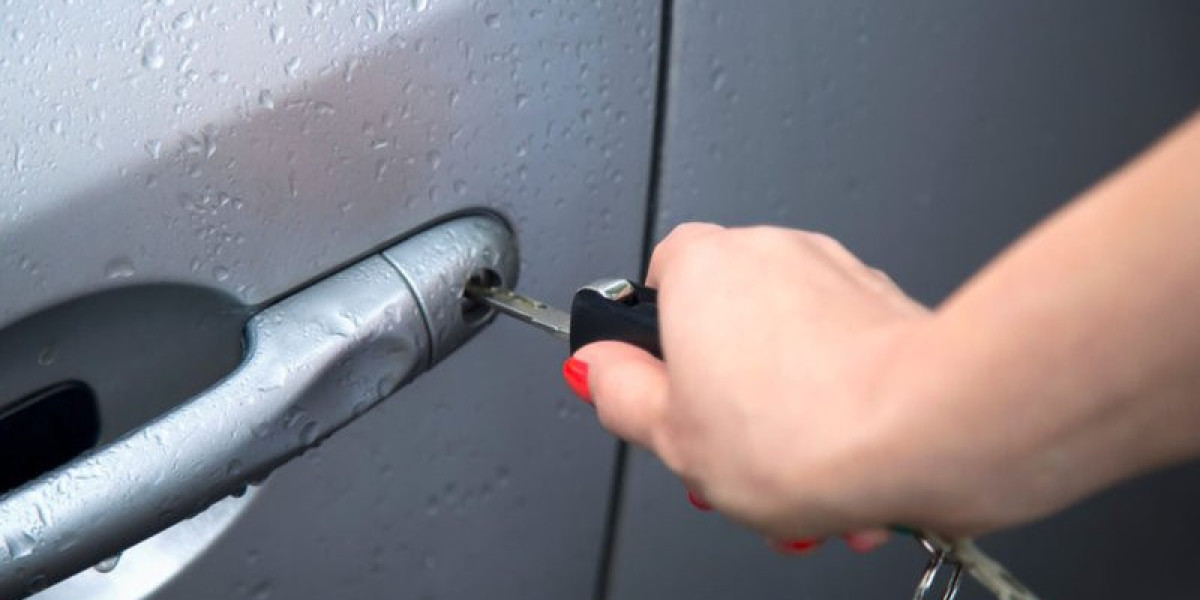Social skills are essential for a child’s overall development, shaping how they interact with peers, teachers, and family members. A strong foundation in social skills helps children develop confidence, emotional intelligence, and problem-solving abilities. At The Juniors Academy, we provide a structured yet playful environment where children naturally learn how to communicate, collaborate, and build meaningful relationships.
The Importance of Social Skills in Early Childhood
Social skills are the building blocks of communication and relationship-building. Children who develop strong social abilities at a young age experience benefits such as:
Improved communication – Expressing thoughts and emotions effectively.
Stronger friendships – Building connections with peers and understanding social cues.
Enhanced emotional intelligence – Recognizing, managing, and responding to emotions.
Better conflict resolution – Learning to solve problems and disagreements peacefully.
Increased confidence and independence – Feeling secure in social situations.
At The Juniors Academy, we believe social development is just as important as academic learning, and our curriculum is designed to foster positive interactions in a safe and supportive environment.
How The Juniors Academy Helps Kids Develop Social Skills
1. Interactive Play and Group Activities
Play is one of the most effective ways for children to develop social skills. At The Juniors Academy, we incorporate structured and unstructured play to encourage natural interactions among children.
Role-playing games – Children engage in pretend play, which helps them practice real-world social scenarios like ordering food, playing house, or pretending to be a doctor.
Team-based projects – Activities like building blocks, art projects, and science experiments encourage teamwork and cooperation.
Storytime discussions – Teachers read stories and engage kids in conversations about the characters’ emotions, decisions, and behaviors, enhancing their understanding of empathy.
2. Encouraging Communication and Self-Expression
Many children struggle with verbal communication, and our teachers focus on helping kids express themselves confidently. We achieve this by:
Encouraging children to share their thoughts and feelings during group discussions.
Using positive reinforcement to reward effective communication.
Practicing turn-taking in conversations to teach patience and respect.
Utilizing interactive storytelling and puppetry to develop language skills.
By creating a supportive space for communication, we help children gain confidence in their ability to express themselves clearly and respectfully.
3. Teaching Emotional Intelligence and Empathy
Understanding emotions is a critical part of developing social skills. At The Juniors Academy, we focus on emotional intelligence by:
Helping children recognize emotions in themselves and others.
Teaching coping strategies for managing frustration, disappointment, or anger.
Encouraging acts of kindness such as sharing, comforting a sad friend, or using polite words.
Modeling positive behavior – Our caregivers lead by example, demonstrating patience, kindness, and respect in their interactions.
When children learn to recognize and manage emotions, they become more empathetic, which helps them build deeper connections with others.
4. Structured Routines for Social Learning
Children thrive in a predictable environment where they understand expectations and routines. Our daily schedule includes:
Morning circle time – Kids greet each other, discuss the day’s activities, and participate in group conversations.
Group meals and snack time – Eating together teaches table manners, sharing, and conversation skills.
Storytelling and group discussions – Encouraging kids to listen, share, and reflect on different perspectives.
Collaborative learning stations – Activities where children work together on puzzles, building structures, and creative projects.
Establishing structure in social learning creates a sense of security, allowing kids to confidently navigate social interactions.
5. Encouraging Problem-Solving and Conflict Resolution
Disagreements are a natural part of childhood, and learning how to resolve them is crucial. At The Juniors Academy, we guide children through conflict resolution by:
Teaching them to identify the problem and express their feelings calmly.
Encouraging active listening to understand different viewpoints.
Helping them come up with fair solutions through guided discussions.
Reinforcing the importance of apologizing and making amends when necessary.
By equipping children with problem-solving skills, we prepare them for healthy social interactions both inside and outside the classroom.
6. Creating a Safe and Inclusive Environment
A supportive learning environment is key to nurturing social development. At The Juniors Academy, we prioritize:
Inclusivity and diversity – Teaching children to respect different cultures, backgrounds, and perspectives.
Positive reinforcement – Recognizing and celebrating acts of kindness and cooperation.
Small group settings – Allowing for personalized attention and fostering close friendships.
Engaged and caring educators – Our teachers provide guidance and encouragement while allowing children to explore social interactions naturally.
When children feel safe and valued, they are more likely to develop strong social skills and form positive relationships.
Conclusion
Social skills are fundamental for a child’s growth and success. At The Juniors Academy, we provide a nurturing, structured, and engaging environment where children develop essential social abilities through play, communication, and guided learning. By focusing on emotional intelligence, teamwork, and problem-solving, we help children build a strong foundation for future relationships and academic success.








